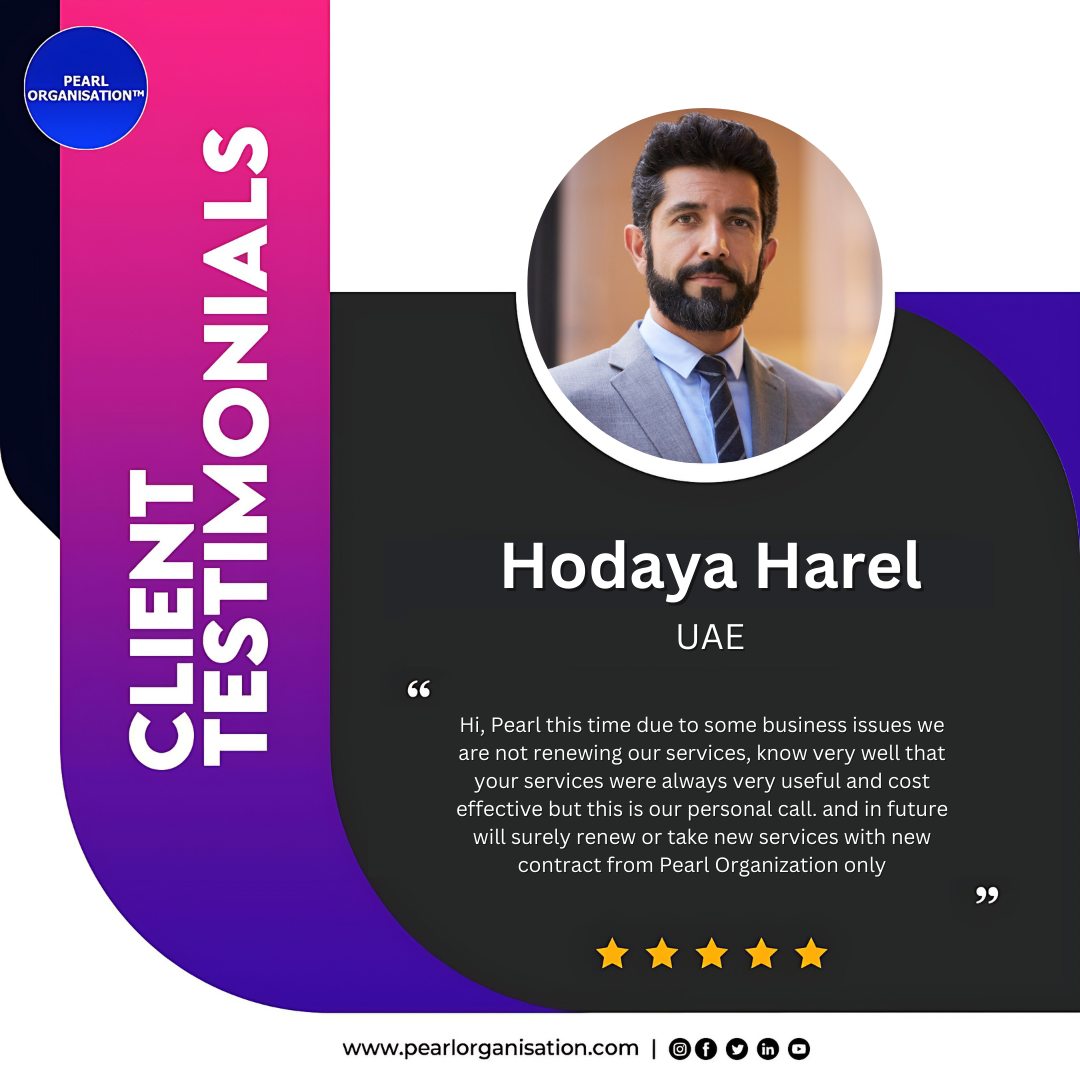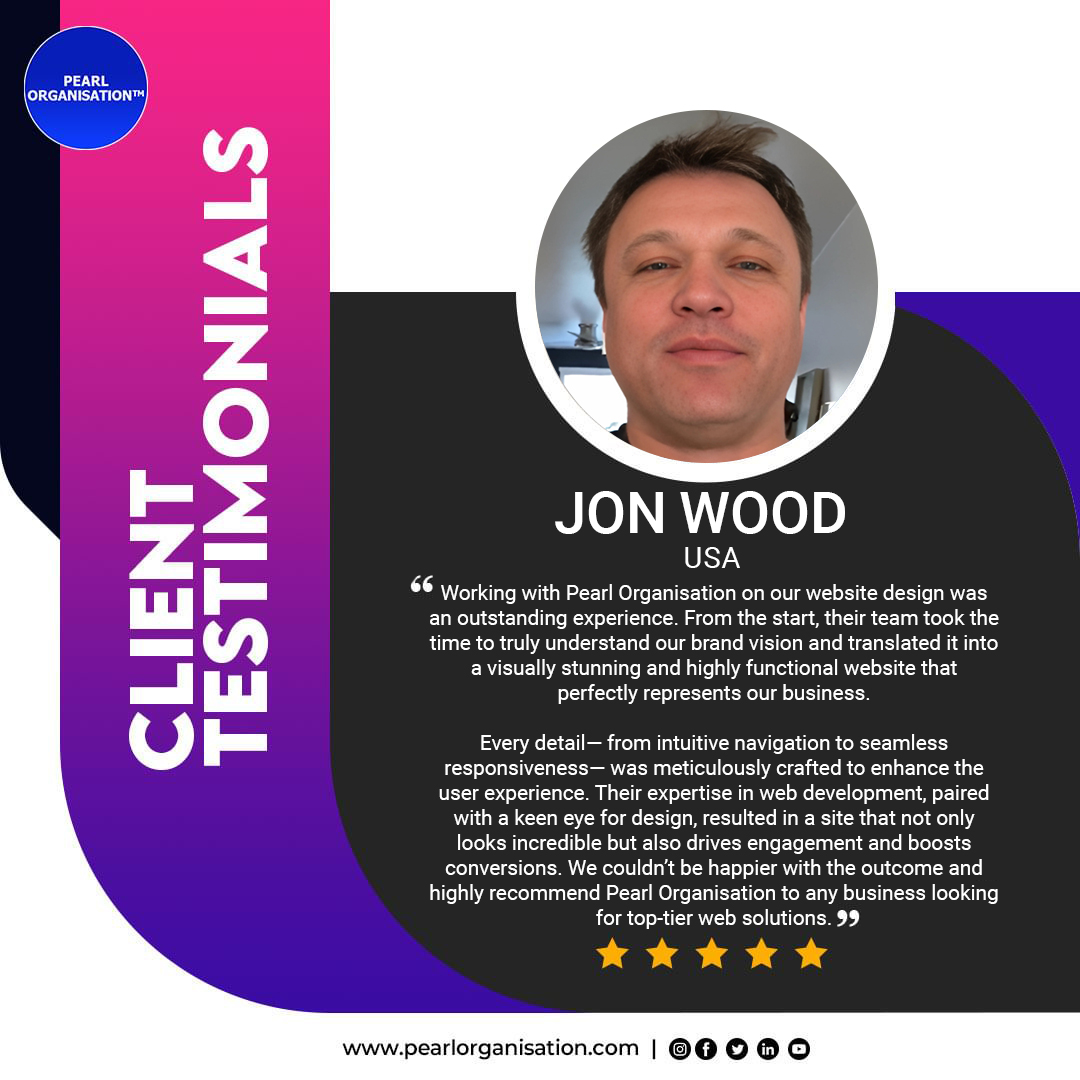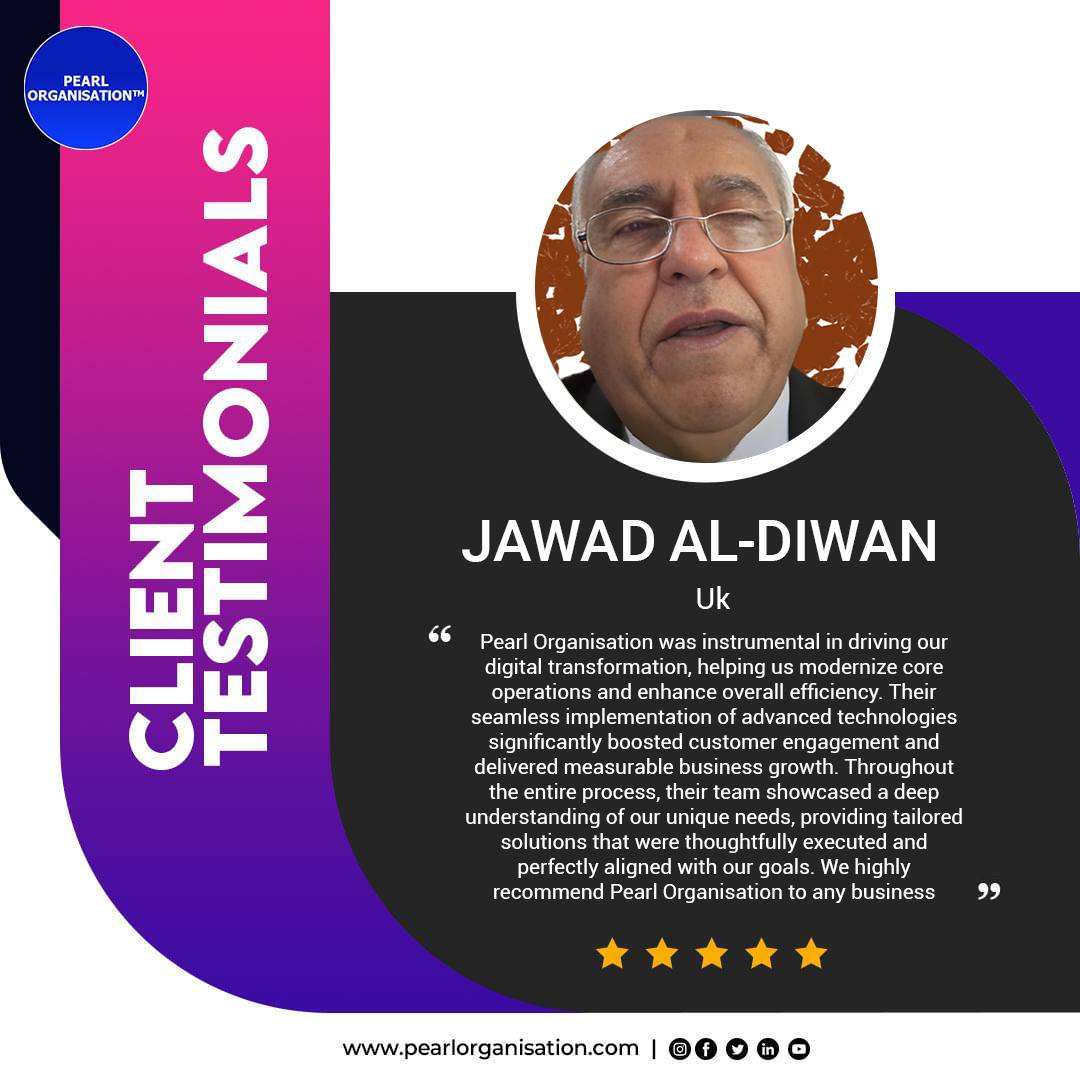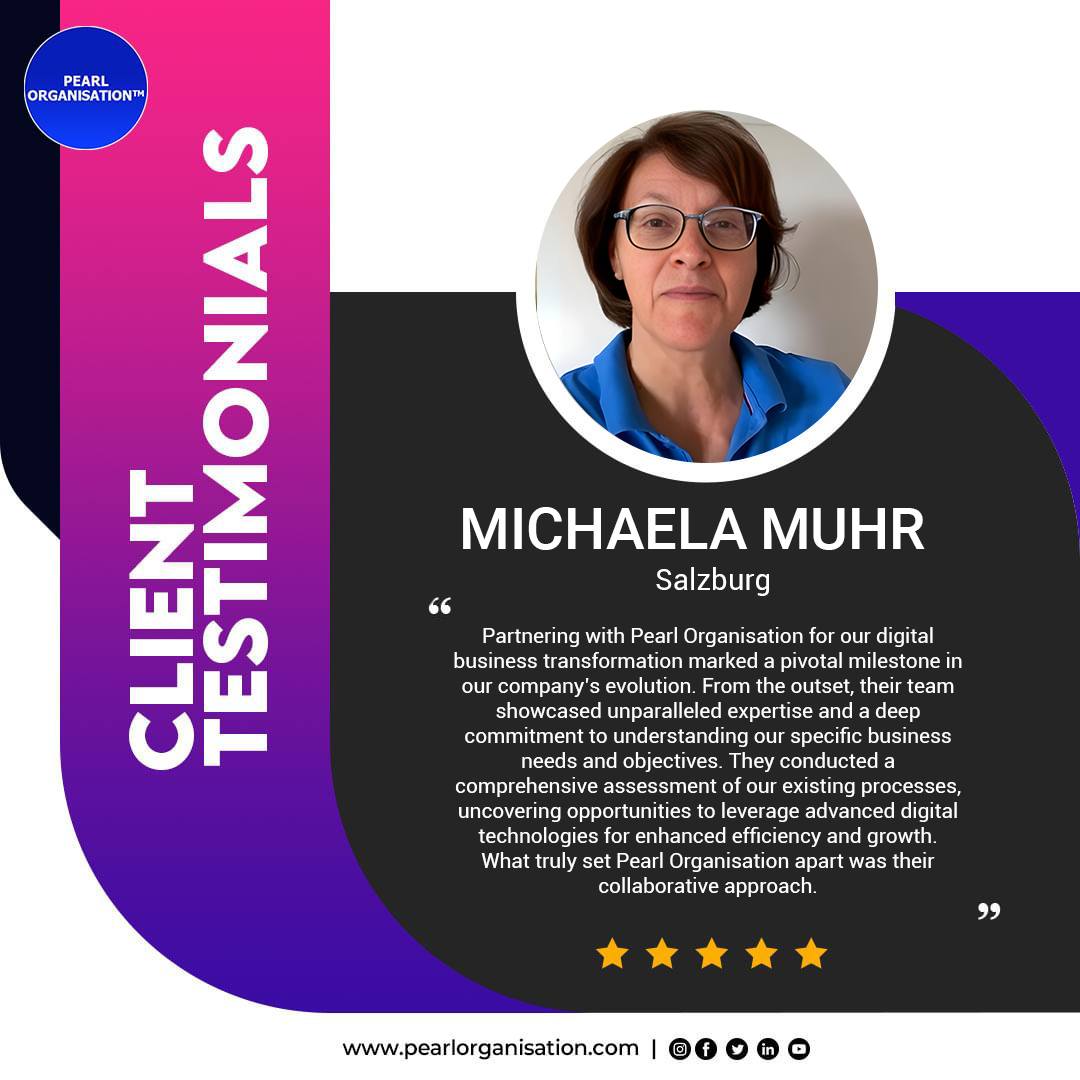How to Choose the Right Cloud Strategy for Your Business: Multi-Cloud vs Hybrid Cloud
- Pearl Organisation

- May 21, 2025
- 6 min read

In today’s fast-paced digital landscape, choosing the right cloud strategy can be the defining factor in your business’s scalability, security, and agility. With the rising dominance of cloud technologies, organizations are no longer asking “Should we adopt the cloud?” — but rather, “Which cloud strategy is right for us?” The decision often narrows down to two powerhouses: Multi-Cloud and Hybrid Cloud.
At Pearl Organisation, we help businesses across 150+ countries evaluate, implement, and optimize the right cloud infrastructure through our expert-led Cloud Consulting and Migration Services.
This article will guide you through the key differences, business implications, and decision-making criteria between Multi-Cloud and Hybrid Cloud — empowering you to align your tech investments with your business goals.
🌐 What Is a Multi-Cloud Strategy?
A multi-cloud strategy involves using two or more cloud service providers, such as AWS, Azure, Google Cloud, IBM Cloud, etc., for different tasks or workloads. This allows businesses to distribute risk, avoid vendor lock-in, and leverage the best features of each provider.
✅ Key Characteristics:
Multiple public clouds (e.g., AWS for compute, Azure for AI)
Vendor-specific strengths utilized for different services
Decentralized control and management
High redundancy and disaster recovery resilience
📌 Use Case Example:
A retail business may use AWS for hosting its e-commerce platform, Google Cloud for BigQuery analytics, and Azure for internal Microsoft 365 integrations.
🏢 What Is a Hybrid Cloud Strategy?
A hybrid cloud strategy combines private cloud (on-premise or hosted) with public cloud services. This approach gives businesses greater control over sensitive data while also benefiting from the scalability and cost-efficiency of public cloud.
✅ Key Characteristics:
Integration between private and public cloud environments
Unified orchestration and workload portability
Ideal for businesses with regulatory compliance needs
Flexible and secure for legacy system transitions
📌 Use Case Example:
A healthcare provider may keep patient records in a private cloud for HIPAA compliance while running non-sensitive apps like appointment scheduling in the public cloud.
🔍 Multi-Cloud vs Hybrid Cloud: Head-to-Head Comparison
Feature | Multi-Cloud | Hybrid Cloud |
Architecture | Multiple public clouds | Mix of private + public cloud |
Vendor Lock-In Avoidance | High | Moderate |
Security Control | Varies per vendor | Greater with on-prem control |
Compliance Readiness | Moderate | High (especially for regulated industries) |
Redundancy & DR | Very High | Moderate to High |
Complexity of Management | High | Medium |
Best For | Global scalability & flexibility | Data-sensitive businesses & gradual migration |
🤔 Which Cloud Strategy Is Right for Your Business?
✅ Choose Multi-Cloud if:
You want vendor diversification
You’re focused on global performance optimization
Your workloads span multiple geographies or services
You need redundancy and availability across cloud providers
✅ Choose Hybrid Cloud if:
You have legacy infrastructure or on-prem investments
You deal with strict data privacy regulations (e.g., GDPR, HIPAA)
You want gradual cloud adoption
You need tight control over sensitive workloads
🔧 Pearl Organisation's Expertise in Cloud Strategy Consulting
Choosing between Multi-Cloud and Hybrid Cloud is not just about technology — it’s about aligning your IT infrastructure with your business roadmap. That’s where Pearl Organisation comes in.
Our Cloud Consulting Services Include:
📊 Cloud Readiness Assessment
🧠 Strategic Cloud Architecture Planning
🔐 Data Governance and Security Compliance Review
☁️ Cloud Provider Comparison and Vendor Evaluation
🔄 Migration Roadmaps for Hybrid & Multi-Cloud Environments
⚙️ Infrastructure as Code (IaC) for Seamless Deployment
📈 Performance Optimization Post-Migration
🌍 Why Global Businesses Trust Pearl Organisation for Cloud Strategy
🌐 Trusted by 10,000+ businesses across 150 countries
🧑💻 Certified experts in AWS, Azure, GCP, IBM, Oracle Cloud
📉 40% Average reduction in IT overhead within 6 months
📊 99.98% Cloud uptime with multi-region failover
🛡️ SLA-bound delivery with audit trails and support logs
🚀 Ready to Accelerate Your Cloud Journey?
Whether you're transitioning from legacy infrastructure, looking to expand globally, or trying to enhance data resilience — Pearl Organisation will help you build, secure, and scale the right cloud architecture tailored to your industry, goals, and compliance needs.
Frequently Asked Questions (FAQs) – Multi-Cloud vs Hybrid Cloud Strategy
1. What is the main difference between Multi-Cloud and Hybrid Cloud?
The primary difference lies in architecture. Multi-cloud uses multiple public cloud providers (e.g., AWS + Azure), while Hybrid cloud combines private infrastructure (on-prem or hosted) with one or more public clouds. Multi-cloud is ideal for avoiding vendor lock-in and maximizing flexibility, whereas hybrid cloud offers better control over sensitive data and legacy system integration.
2. Is Multi-Cloud better than Hybrid Cloud for every business?
No. The right cloud strategy depends on your business objectives, compliance requirements, existing infrastructure, and workload types. Multi-cloud suits global enterprises looking for vendor diversification, while hybrid cloud is best for regulated industries or those with on-premise investments.
3. When should I choose a Hybrid Cloud strategy?
You should choose Hybrid Cloud when:
You need tight control over sensitive data
You operate in a compliance-driven industry (like finance or healthcare)
You are migrating from legacy infrastructure
You want to gradually shift workloads to the cloud while maintaining on-prem systems
4. When is a Multi-Cloud approach more beneficial?
A Multi-Cloud strategy is ideal when:
You want to leverage the strengths of multiple cloud providers
You want to avoid dependency on a single vendor
You operate globally and require multi-region failover
You run workloads optimized for different cloud platforms (e.g., analytics on GCP, compute on AWS)
5. Can a business use both Multi-Cloud and Hybrid Cloud strategies?
Yes. In fact, many enterprise architectures are now “Hybrid Multi-Cloud” – combining private clouds with multiple public cloud platforms. This layered approach provides maximum flexibility, performance, and compliance benefits when designed and managed properly.
6. Which is more secure: Hybrid Cloud or Multi-Cloud?
Hybrid Cloud generally provides greater control over security because sensitive workloads can be hosted on a private cloud or on-premise, while public cloud components handle non-sensitive tasks. However, Multi-Cloud security can be equally strong with centralized IAM (Identity Access Management), encryption, and zero-trust architecture — especially when implemented with expert support from firms like Pearl Organisation.
7. How can Pearl Organisation help us decide between Multi-Cloud and Hybrid Cloud?
Pearl Organisation offers a comprehensive Cloud Strategy Workshop, where we:
Assess your current IT infrastructure
Evaluate data sensitivity and compliance needs
Compare cloud costs and benefits across vendors
Deliver a custom migration roadmap aligned with your growth plan
Implement and optimize the chosen architecture (Multi or Hybrid)
8. Does Multi-Cloud increase operational complexity?
Yes, managing multiple cloud providers does introduce additional complexity — especially in monitoring, billing, and governance. That’s why Pearl Organisation provides centralized cloud orchestration tools, policy enforcement frameworks, and 24/7 support, so your teams can focus on core operations without being overwhelmed.
9. Is Multi-Cloud more expensive than Hybrid Cloud?
Not necessarily. While Multi-Cloud may incur costs related to integration and management, it also offers cost-saving advantages by leveraging the most cost-effective services from each provider. With proper cloud cost optimization and workload placement strategies (which Pearl Organisation can provide), you can achieve better ROI than single-cloud or hybrid-only deployments.
10. Can Pearl Organisation migrate our existing workloads to a Hybrid or Multi-Cloud architecture?
Yes. We offer end-to-end cloud migration services including:
Cloud Readiness Assessment
Data and App Migration
Infrastructure as Code (IaC) deployment
Integration with existing on-prem systems
SLA-backed monitoring and performance tuning
All migrations are customized and documented to minimize downtime and ensure compliance and continuity.
11. What industries benefit most from Hybrid Cloud strategies?
Industries that operate under strict regulatory frameworks often prefer Hybrid Cloud. These include:
Healthcare (HIPAA, HL7)
Finance (PCI-DSS, SOX)
Government and Defense
Legal and Consulting
These sectors benefit from on-premise control while leveraging public cloud scalability.
12. What tools or platforms does Pearl Organisation use for cloud management?
Pearl Organisation uses a combination of:
Terraform, Kubernetes, Docker for orchestration
AWS CloudFormation, Azure Resource Manager for provisioning
CloudHealth, Datadog, Prometheus, and Grafana for monitoring
IAM, SSO, and RBAC for access control
All solutions are tailored to client needs, ensuring maximum visibility and compliance.
13. Do you provide 24/7 support for Hybrid and Multi-Cloud environments?
Yes. We provide round-the-clock cloud infrastructure support, including:
Proactive monitoring
Incident response
Backup & DR management
SLA-bound resolution timelines
Performance optimization
This is available under our Cloud Managed Services plans.
14. How long does a typical cloud strategy deployment take?
Project timelines vary based on scope, but typical durations are:
Cloud Strategy Workshop & Assessment: 1–2 weeks
Migration & Deployment: 3–6 weeks
Testing & Optimization: 1–2 weeks post-deployment
Pearl Organisation ensures that all transitions are seamless, phased, and transparent.
15. Where can I learn more or request a cloud consultation?
You can visit our cloud service page and request a consultation:




































